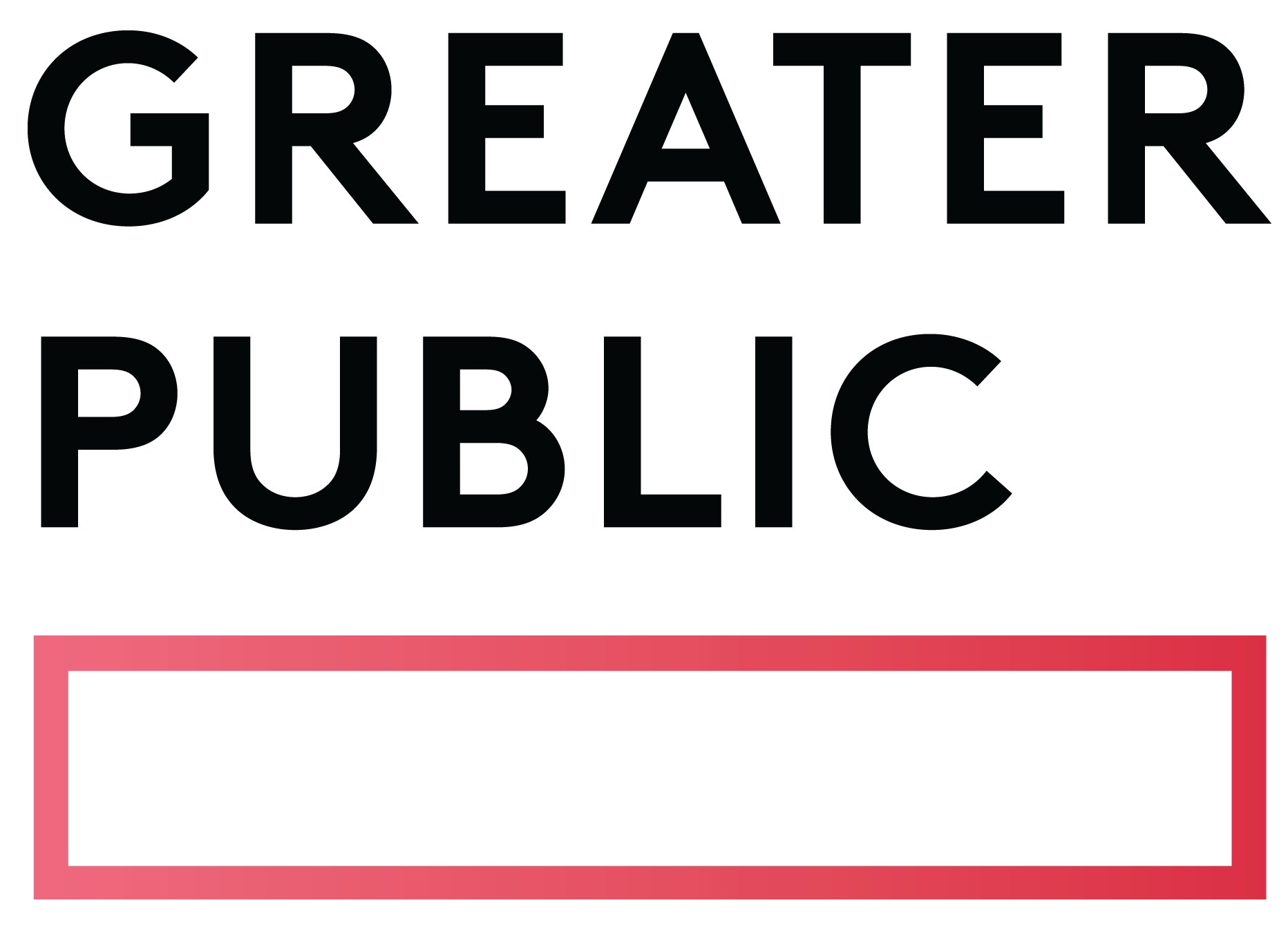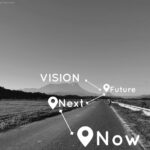If you don’t have a lot of support from your supervisor for the changes you want to make, put them on paper. Get them in front of the people that need to hear them. Even if you’re a barnacle on the hull, barnacles do make it, they do stick around, and eventually these changes will come. When you think about Public Media for All, for example, the long game has a deep amount of value. Reform has value, not only revolt. So, I just want to encourage you to not give up or bottle up what you have to offer just because it doesn’t feel like there’s an avenue for you.
Sachi Christine Kobayashi: In addition to working at NPR, I’m a founder of Public Media for All. We are a coalition of people of color working in public media and trying to offer frameworks and support for changing public media. That came about after I took a barnacle approach for a long time. I think what got me through my first many years in public media was, like, “Well, one day it’ll be my turn. I’ll just wait here patiently and learn as much as possible until it’s my turn.” I also got a little tired of waiting, hence Public Media for All. But certainly, if you need to protect yourself, if you’re in a place where you need to protect yourself, barnacle approach all the way. Team barnacle.
If you have the bandwidth, I would encourage people to try to push things. You should gravitate towards people who care about your professional development. Also, no one is responsible for your professional development except yourself. If you don’t have it from your supervisor, go get it on your own and go get a new supervisor. If you’ve done everything in your power to improve the culture of where you’re working and you’re still stuck, go work somewhere else. It is not worth [sacrificing] your mental sanity. Also, keep in mind that if you’re constantly speaking up about [the problems], staying there is on some level an endorsement of the situation. So, remove yourself. They don’t deserve you.
Jenn Jarecki: Plus one to all of that. I think one of the biggest obstacles is fear. Whether that is a fear of saying no, fear of being rejected, fear of losing your job because you’re actually asking for something, fear of making waves in an organization that’s just set in its ways.
I’ve also noticed in public media, where a lot of people are overworked and underpaid, a sense of responsibility. Like, “I can’t make this change because then so-and-so will need to move that around…” That is not your problem.
It took me a while to be able to recognize, as Sachi said, that only you can advocate for where you’re going. It is up to you to grow your life and your career in ways that you want to. Recognize that the organization can handle those moving parts.










